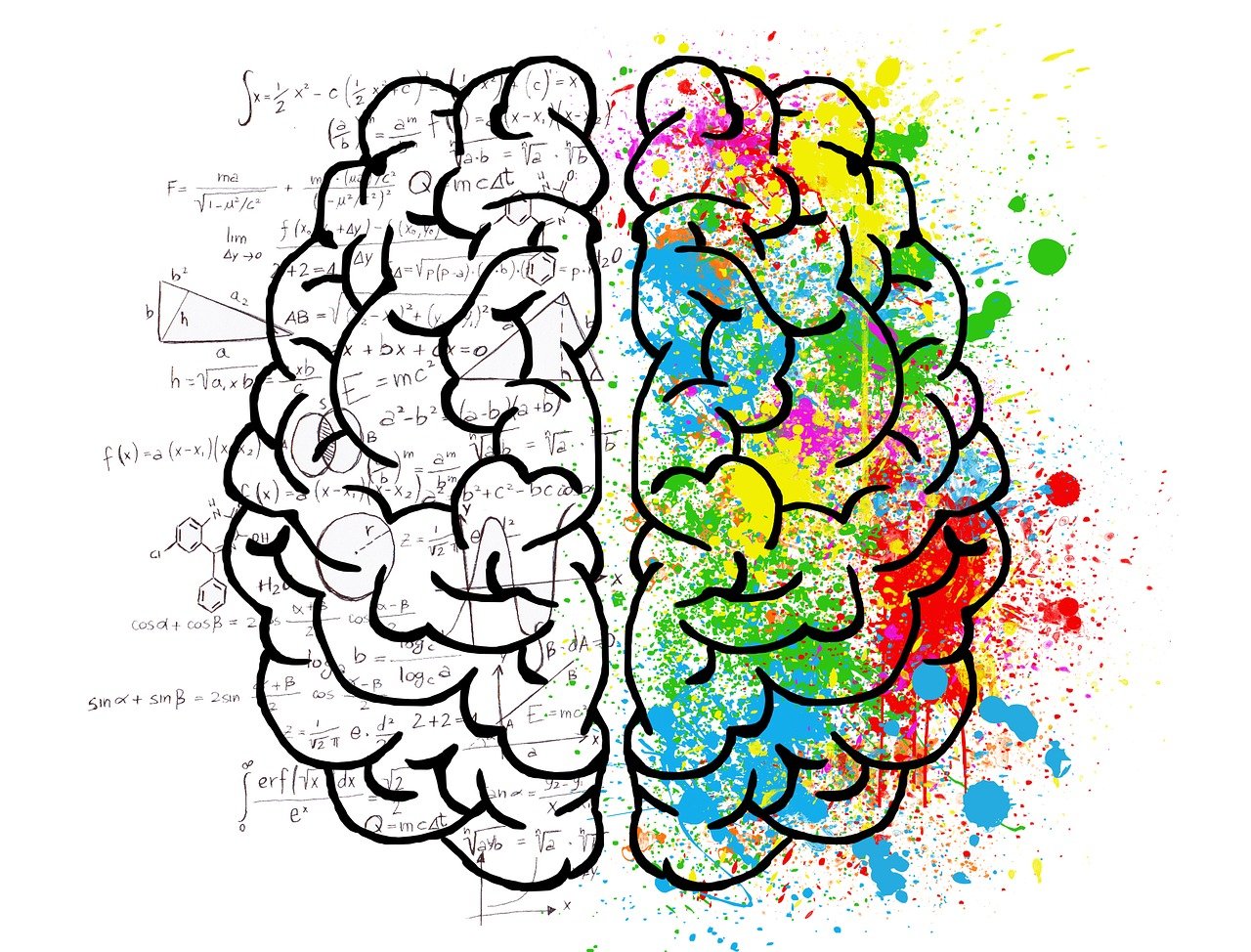The relationship between science and religion is often viewed as contentious, but this need not always be the case. For instance, when we delve into Hinduism, one of the world’s oldest religions, we find intriguing connections to modern scientific theories, principles, and discoveries. The ancient scriptures of Hinduism, the Vedas, are an excellent case study of this symbiosis. The Vedas considered the cornerstone of Hindu philosophy and spirituality, have surprisingly managed to parallel certain aspects of modern science despite originating thousands of years ago.
Note: The article has images generated using AI.
Table of Contents
Vedas as a Primer
Hinduism’s spiritual text, the Vedas, is a collection of scriptures written in Sanskrit. They are believed to be “Apaurusheya,” meaning not created by man but revealed to the ancient “Rishis” (sages) during meditation. The Vedas are divided into four main parts: the Rigveda, Yajurveda, Samaveda, and Atharvaveda. Each Veda has a different focus, but all share a common goal: to explore and understand the nature of existence.
You can also read about articles on consciousness from here.

The Vedas and Modern Science
Even though the Vedas were not written with a modern scientific perspective, many of their insights align remarkably well with contemporary scientific knowledge.
Cosmology
The Nasadiya Sukta of the Rigveda describes the origin of the universe in a way that echoes the Big Bang theory. It speaks of a time when the world was non-existent, and everything was in a state of nothingness, a concept that aligns with the singularity state before the Big Bang.
Moreover, the cyclic model of the universe’s creation and destruction, as mentioned in the Vedas, mirrors the oscillatory universe or cyclic universe model in modern cosmology.
Quantum Physics
In the realm of quantum physics, the principle of “superposition” states that a particle can exist in multiple states at once until observed. This concept bears a striking similarity to the Vedantic notion of “Maya,” where reality is an illusion until experienced.
Click here to read article on Quantum Physics in Upanishads.
Medicine
Ayurveda, the science of life and longevity, is a part of the Atharvaveda and is one of the oldest systems of medicine in the world. Many principles and practices of Ayurveda, such as the emphasis on a balanced diet, regular exercise, and mental health, align with contemporary medical advice.
Environmental Science
The Vedas have always emphasized the importance of living in harmony with nature. This respect for the environment and the belief in the interdependence of all life forms resonate with the modern understanding of ecosystems and environmental science.
The Vedas: A Different Perspective, Not a Contradiction
It’s essential to note that the Vedas were not intended to be scientific textbooks. They were written to guide spiritual and philosophical inquiry, moral conduct, and societal norms. The parallels we find with modern science are not direct predictions or descriptions but metaphorical and philosophical reflections that resonate with our current scientific understanding.
The Vedas should not be seen as a contradiction to modern science but as a different perspective that complements it. They remind us that while science is excellent at answering the “how” questions, religion and philosophy often deal with “why” questions – why are we here, what is the purpose of life, and how should we live it?
Conclusion
The Vedas, while primarily being religious texts, demonstrate an understanding of the world that harmonizes with many modern scientific concepts. The congruence of ancient Vedic wisdom with contemporary science provides a fascinating blend of spirituality and rationality, bridging the gap between these two domains.
The study of the Vedas from a scientific perspective can yield fascinating insights and foster a more holistic understanding of the world. It reminds us that ancient wisdom and modern science, though different in their approach, ultimately strive for the same goal – to unravel the mysteries of the universe and our place in it.



